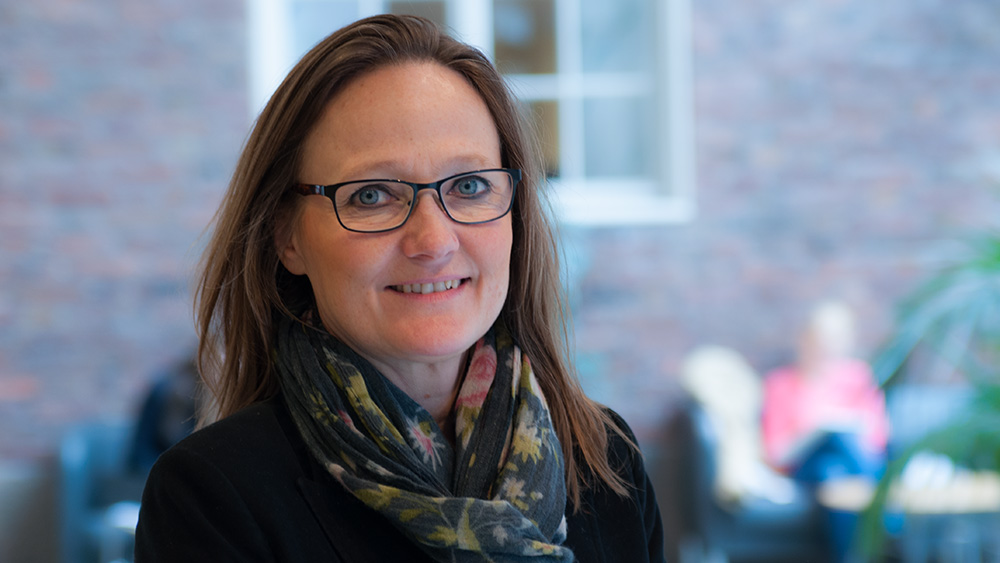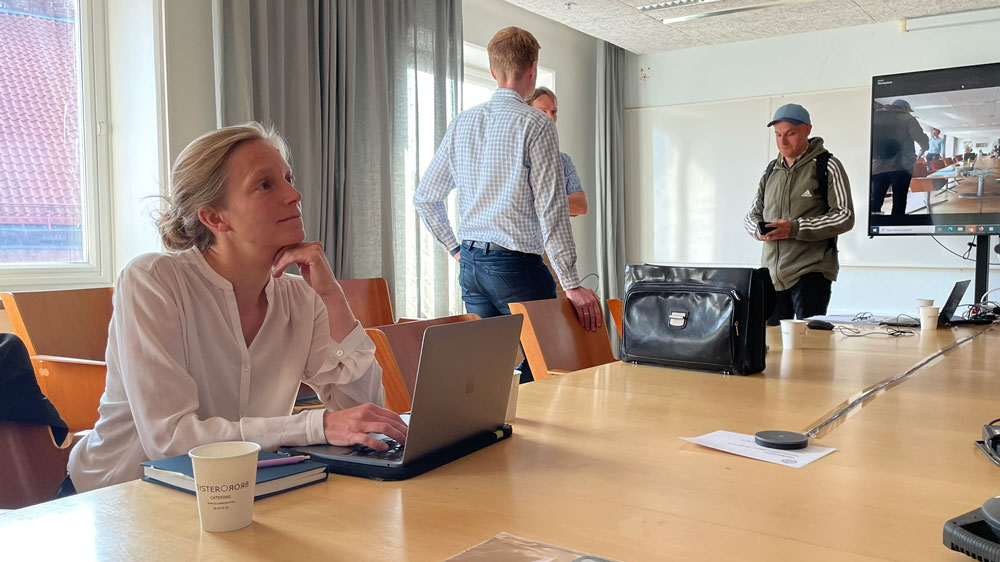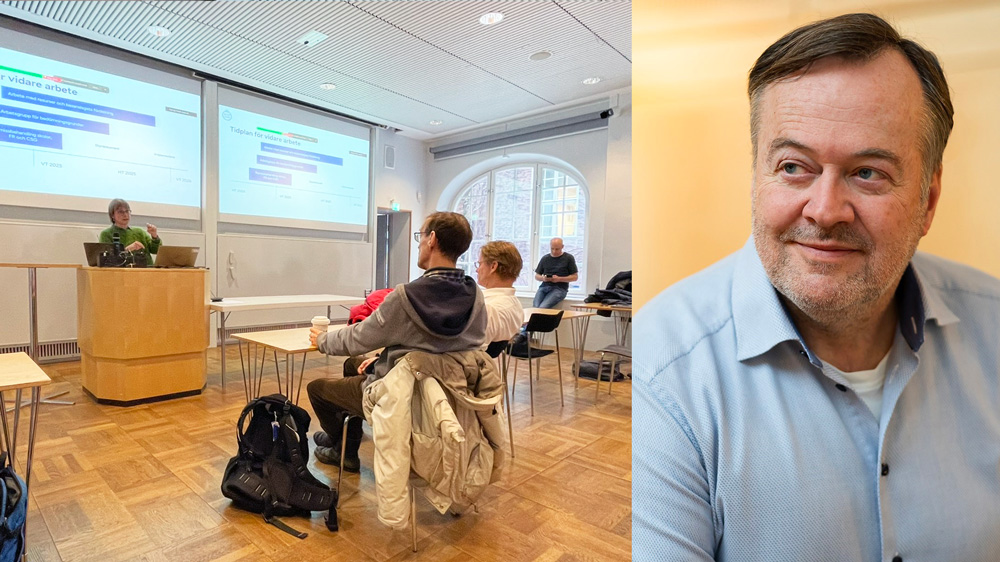“Our programmes don’t reflect society”

Per Lundqvist from the Faculty Board shares that the ITM School is now making a concerted effort to develop its educational programmes to better meet future needs. Starting this autumn, a comprehensive review of all programmes will be launched, supported by a new Deputy Director of First and Second Cycle Education (Deputy GA).
Per (Pelle) Lundqvist is a Professor of Energy Technology and a member of the ITM School's Faculty Board. With extensive experience in various roles at KTH, he is passionate about both research and education, with a strong focus on sustainability. According to Pelle, the most recent Faculty Board meeting was particularly engaging:
“It had a very forward-looking agenda with several key points on education and recruitment. This autumn, we’ll begin a full review of all educational programmes to stay ahead of the curve. Fredrik Asplund (Director of First and Second Cycle Education at ITM) has already interviewed most programme directors, and now the school is taking the next step – primarily looking at programme structure and gathering ideas for how the education could be organised.”
This initiative coincides with the recruitment of a new Deputy GA, who Pelle hopes will be a young and energetic person eager to drive development forward. Together with Fredrik and the programme directors, the Deputy GA will work to develop concrete proposals by summer 2026.
“We haven’t done a thorough critical analysis of ITM’s programmes since 2003, so it’s about time. We’re at the forefront when it comes to pedagogy, CDIO*, and adopting new teaching methods, but we need to explore new models that promote flexibility and throughput. We also need to get better at attracting – and supporting – students from diverse backgrounds.”
Pelle points out that students from non-academic backgrounds tend to choose shorter programmes at KTH, even though they may well have the potential for longer, more advanced studies. These students would benefit from a more flexible system, where, for example, one could start in a three-year Bachelor of Engineering programme and later transfer to a five-year Master of Engineering programme – or the other way around. This is something Chalmers is already exploring.
“Broadening recruitment and participation has been on the agenda for a long time. But KTH’s programmes still don’t reflect today’s society, and the proportion of women applying has declined. As we now review our educational offerings, we are taking this into account as well.”
The Faculty Boards at each school have also been tasked with developing action plans for widening participation and broadening recruitment, to be completed by the end of the year. Pelle says the challenge lies in understanding how to both attract and retain, for example, students from non-academic households.
Fewer entry points could be a problem
Pelle is concerned that having only a few broad programme entry points – where many students study the same courses in the first year – could be problematic:
“It’s important that students find a sense of belonging and feel they’ve chosen the right path early on, otherwise they risk dropping out. If the programmes are too general, I think we’ll see that happen. We could also lose the strong sense of group identity.”
What do you see as the key to future educational offerings?
“The expensive part is when the same courses are duplicated across several programmes. But offering some unique courses each year helps each programme stand out and gives it a clear identity. We know, for instance, that putting technology into a context is important for attracting and retaining female students.”
This autumn, the Faculty Board will invite all programme and master's coordinators to a workshop with the GA and Vice GA to discuss broadening recruitment. By summer 2026, the results of the programme review should be ready.
Text and photo: Ulrika Georgsson
*CDIO is an educational framework based on the idea that engineering graduates should be able to: Conceive, Design, Implement, and Operate value-generating technical systems in a modern, team-based engineering environment – with the goal of creating sustainable systems and products. The ITM School has used CDIO for educational development since the late 1990s.
More news from the Faculty Board

“Our programmes don’t reflect society”
Per Lundqvist from the Faculty Board shares that the ITM School is now making a concerted effort to develop its educational programmes to better meet future needs. Starting this autumn, a comprehensiv...
Read the article
She looks forward to closer collaboration between management and the faculty board
Hi Malin Selleby, Deputy Chair of the ITM School’s Faculty Board, professor, and unit head.
Read the article
Transparency and influence: Anne-Kathrin Peters on her work in the Faculty Board
Anne-Kathrin Peters, an Associate Professor at the Department of Learning, was attracted to the Faculty Board thanks to her commitment to sustainability, democracy and gender equality. On a daily basi...
Read the article
Educational strategies and collaboration in the ITM Faculty Board
The Faculty Board of the ITM School held its first large meeting with the college on 21 November. We spoke to teacher representative Bengt Wittgren about the meeting and his role on the board. “The co...
Read the article